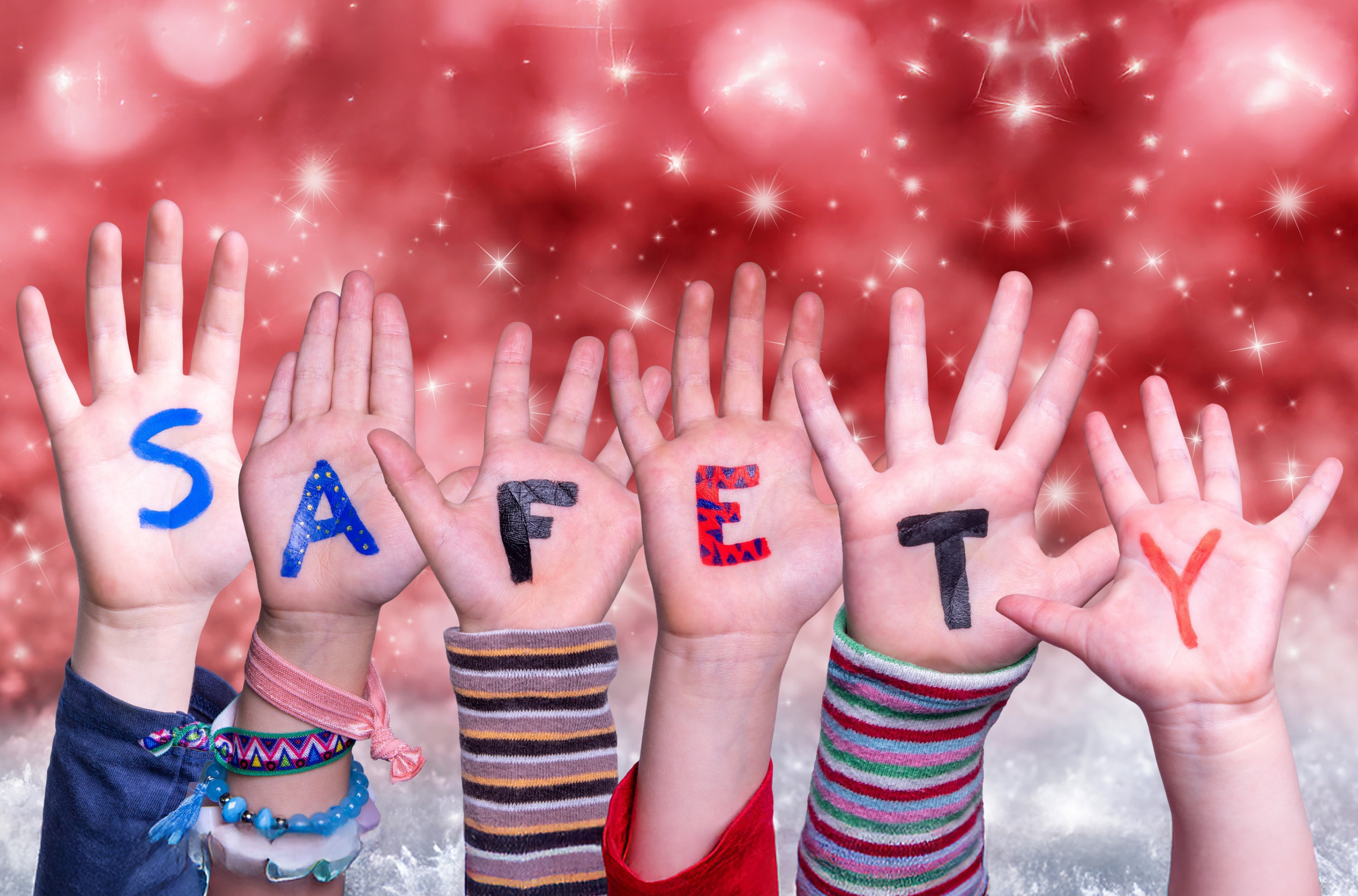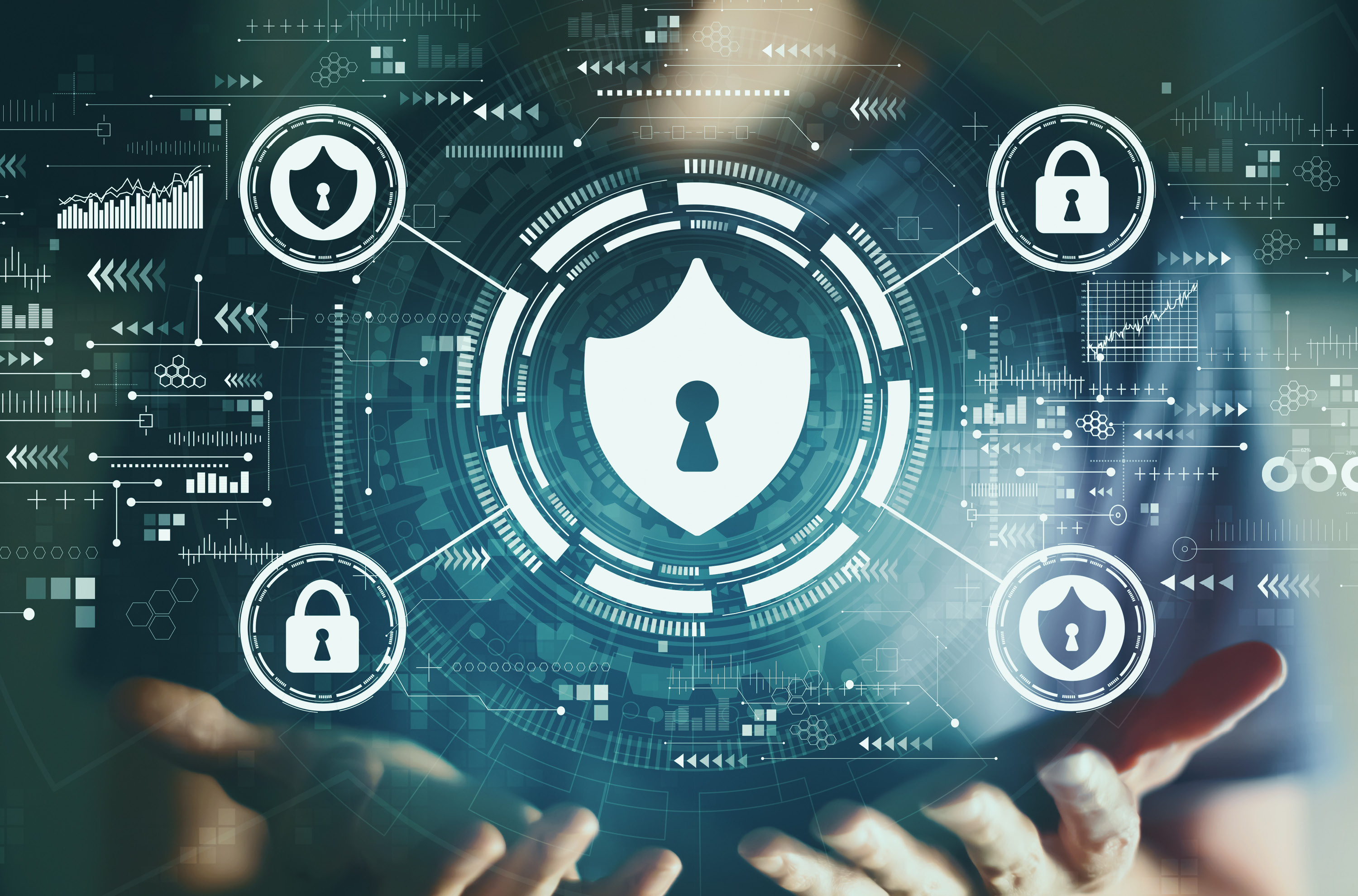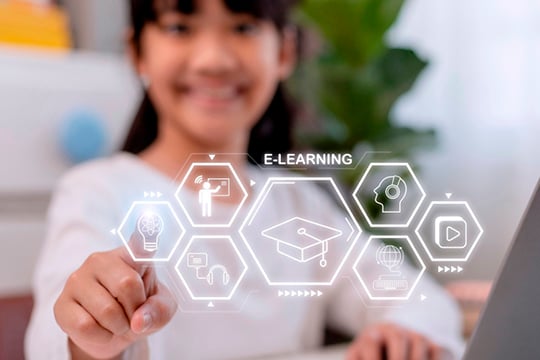Online Safety Is a Shared Priority—But Action Doesn’t Always Follow
The internet is now an inseparable part of childhood, shaping how children learn, play, and connect. For parents, this brings both opportunities and challenges: while digital tools can empower young people, they also expose them to risks that previous generations never faced. Questions of online safety—how to protect children from harmful content, scams, or cyberbullying—are at the forefront of many families’ minds.
To better understand how parents are approaching these challenges, we carried out a cross-border survey in CEE (Romania & Hungary). Our aim was to capture their priorities, concerns, and actions when it comes to preparing children for life online. The findings reveal not only strong common ground between countries but also notable differences in how parents respond to digital risks. Most importantly, they shed light on a growing gap between awareness and action—one that highlights why structured education around online safety is more vital than ever.

Parents Value Safety Above All Else
When asked which areas of digital literacy they considered most important, parents in both Romania and Hungary placed internet safety at the very top. Hungarian parents gave it an average importance rating of 3.5 out of 4, while Romanian parents rated it even higher, at 3.7. Closely behind were skills such as recognizing fake news, understanding privacy settings, and practicing good online etiquette.
Interestingly, more technical skills—like word processing, spreadsheets, programming, or even knowledge of artificial intelligence—were seen as important but ranked lower overall. This shows that for families, the priority is not just digital proficiency but protecting children in an unpredictable online world.

Hopeful Views, Persistent Concerns
Parents also shared how they feel about their children’s internet use. In both countries, the most welcomed activities were learning through online platforms and communicating with friends and family. By contrast, gaming, online shopping, and especially social media were seen with much more hesitation.
That caution is rooted in risk perception. Both Romanian and Hungarian parents ranked social media as the single riskiest online activity, followed closely by gaming, video platforms, and downloading files. Online learning, on the other hand, was consistently viewed as the safest use of the internet. Parents in Romania were particularly detailed in identifying additional dangers, from unreliable websites and gambling to cyberbullying and the easy accessibility of adult content.

What Families Actually Do
Encouragingly, most parents are not ignoring these risks. In Romania 71.6% of parents report discussing internet safety at home, while in Hungary, 82.4% do the same. Many families go a step further by learning together— nearly 60% in Romania and 42.9% in Hungary.
But while conversations are a strong starting point, very few families take additional action. Only 18% of Romanian parents and just 4.9% of Hungarian parents enroll their children in extracurricular courses on online safety. Monitoring is more common—both countries scored around 3.2 out of 4 in parental supervision—but here too, strategies differ. Romanian parents tend to emphasize screen time limits, supervision, and education, while Hungarian parents lean more on access restrictions and device protections.

Awareness Without Action
This is where the gap becomes clear. Parents overwhelmingly value online safety, but only a minority invest in structured, future-proof education for their children. In reality, online risks are constantly shifting: new scams, platforms, and threats emerge every year. Good intentions and open conversations are important, but they cannot always keep pace with the rapidly changing digital landscape.
From Concern to Confidence
Overall, these findings show that parents care deeply about online safety, but they often lack the tools to take meaningful action. That’s where private institutions and companies like Logiscool come in. These offer engaging, expert-led programs on internet safety and digital etiquette that provide children with practical knowledge and real-world strategies while also giving parents peace of mind. Free government activities for children are also a valuable starting point, offering accessible ways to build awareness and skills early on. By turning concern into action, families can move from reactive conversations to proactive, confidence-building education. Children learn how to stay safe and think critically online—and parents no longer have to carry the burden alone.


